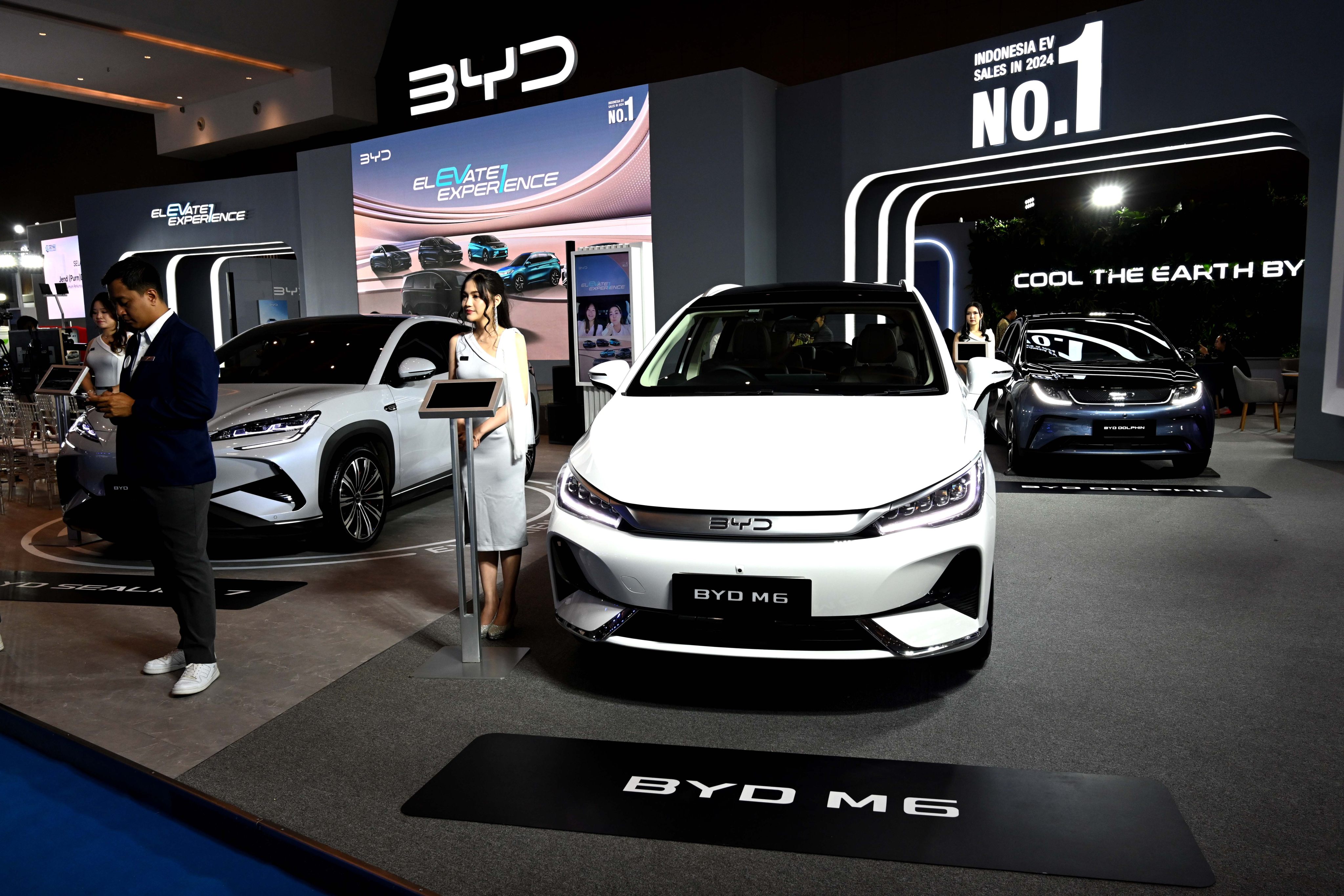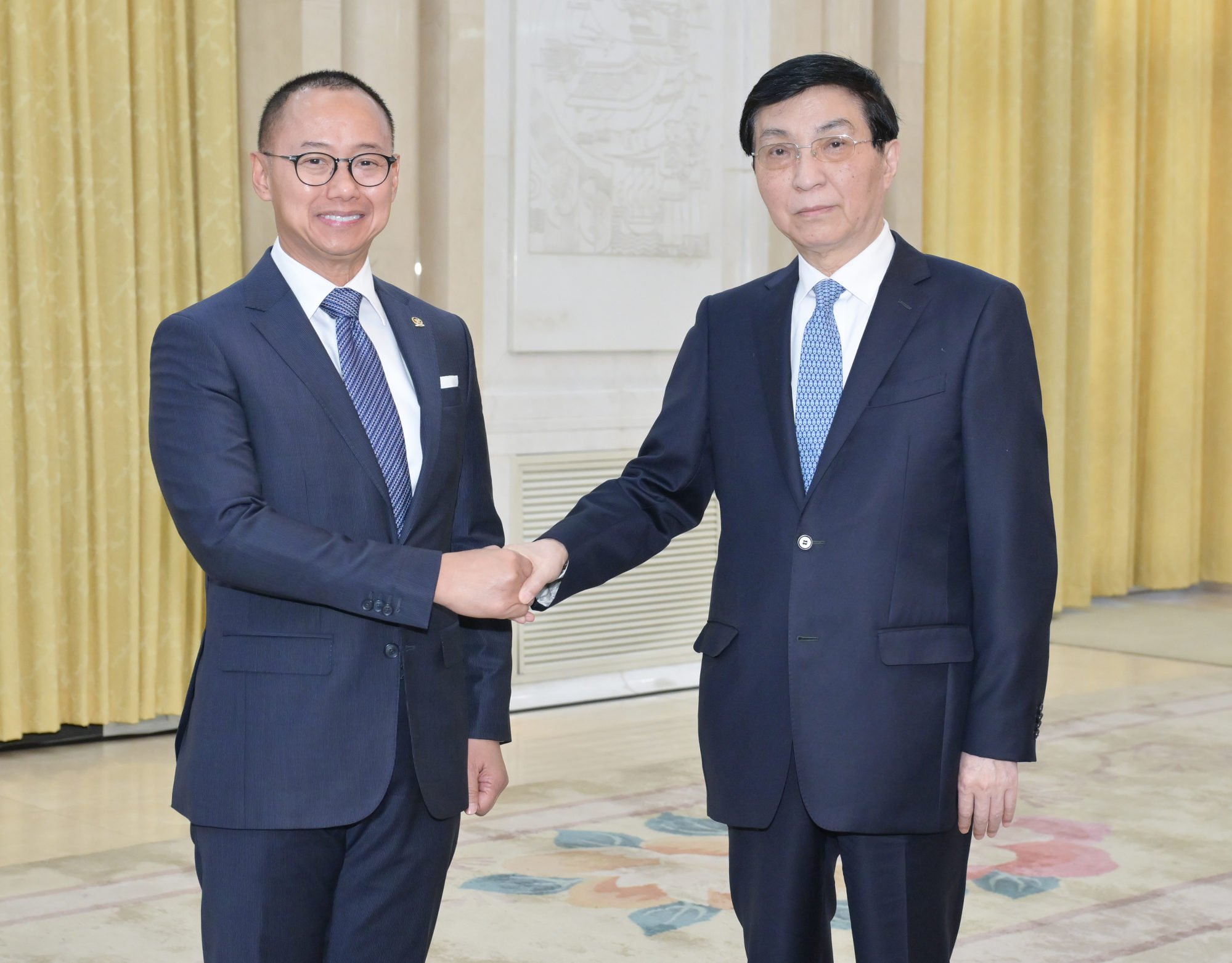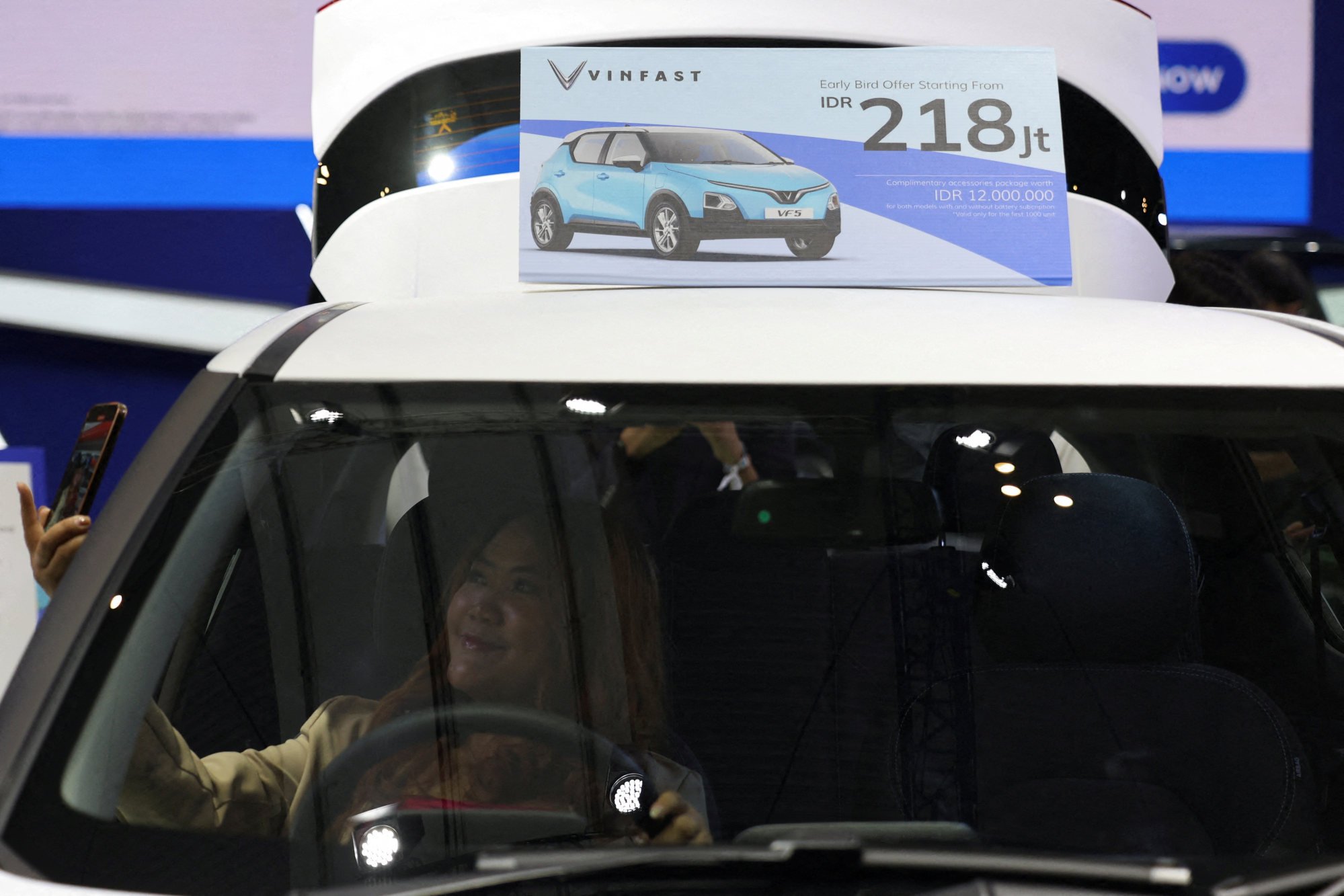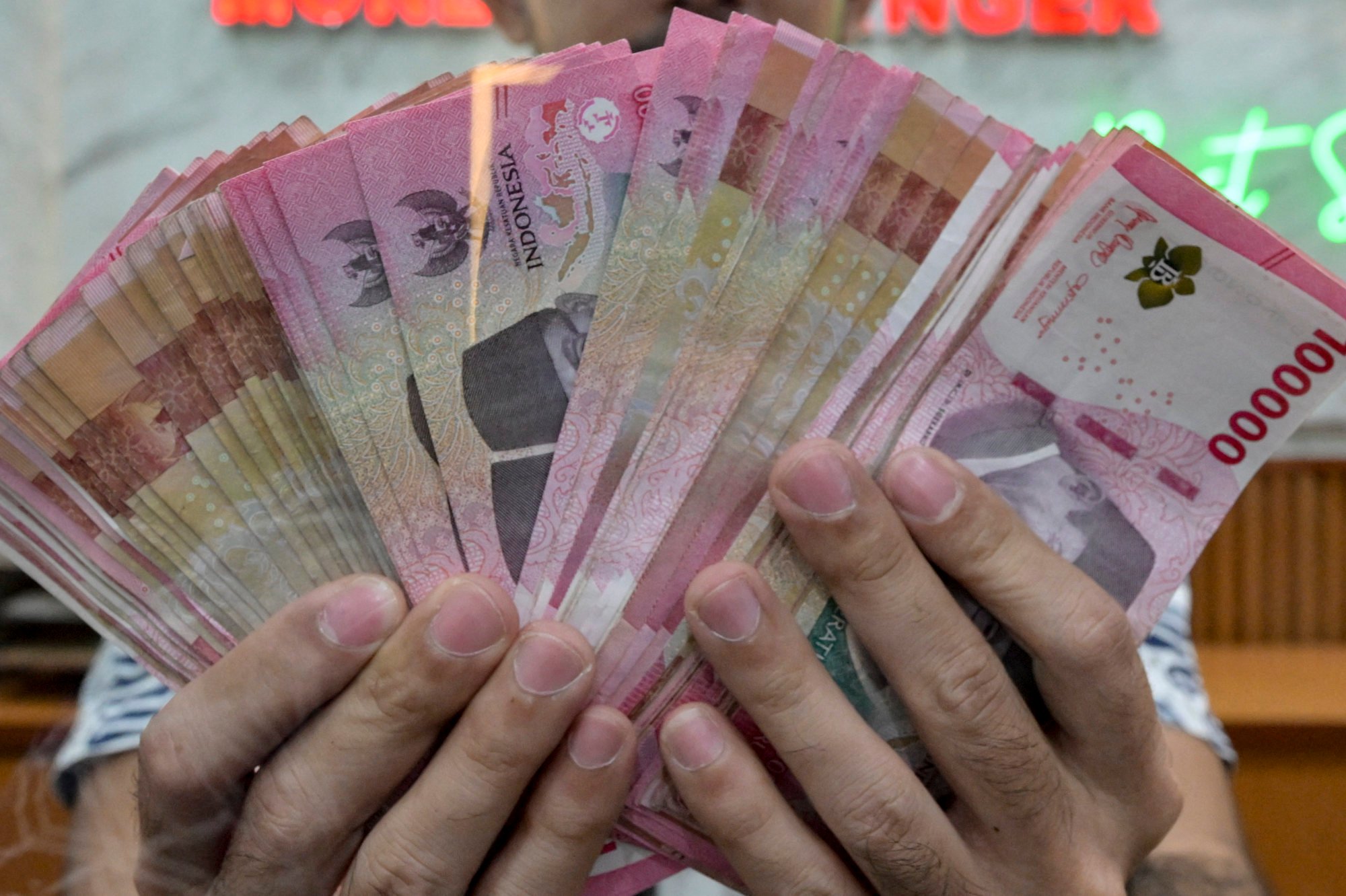Indonesia’s EV revolution held hostage by ‘preman’ gangster problem
From China’s BYD to Vietnam’s VinFast, foreign EV investors in Indonesia are reportedly facing disruption from shadowy local enforcers

In Indonesia, the dream of becoming Southeast Asia’s electric vehicle powerhouse is colliding with an age-old nemesis: preman organised crime groups.
These shadowy enforcers, long the scourge of street vendors and small businesses, are now accused of disrupting a US$1 billion factory by Chinese EV maker BYD – a project hailed as a cornerstone of the nation’s economic future.
The allegations, which surfaced last month, spotlight a deeper tension in Indonesia’s modernisation push: can the government root out the deep-seated gangsterism that has thrived for generations under the protection of powerful backers?
Preman, with their alleged ties to political elites and law enforcement, can trace their origins back to the Dutch colonial era, when local enforcers were used to extract wealth for the colonisers. Today, they have become an entrenched force in the country’s economic and political fabric.

The allegations surrounding disruption at BYD’s factory came to light on April 20, when Eddy Soeparno, deputy speaker of Indonesia’s People’s Consultative Assembly, publicly raised concerns after a visit to a BYD assembly plant in Shenzhen, China.
“There was a problem related to premanism that disrupted the construction of BYD’s facilities [in Indonesia]. I think the government needs to be firm in handling this problem,” Soeparno said.
The problem is not limited to BYD, however. Vietnamese EV maker VinFast, which is building a US$200 million facility in the same industrial complex as BYD in Subang, West Java, has reportedly faced similar challenges.
“VinFast has also reported that there have been disruptions [by preman], but I have helped [them] by communicating with the [leaders of the] local area,” said Moeldoko, chairman of the Indonesian Electric Vehicle Industry Association and chief of presidential staff under former president Joko Widodo.

“Ironically, we need job opportunities. There are people who come and give us [job] opportunities but they are messed up by others. This is not right.”
Soeparno warned that preman threatened Indonesia’s economic ambitions, including the government’s goal of achieving 8 per cent growth. But by acting against such gangsters “Indonesia will send a strong signal to the business world that the government does not tolerate the cowboy actions of thugs,” he said.
Officials from both BYD and VinFast have played down the claims. “So far, the entire process of preparation and construction of the factory has gone well,” Luther Panjaitan, a spokesman for BYD Motor Indonesia, told CNN Indonesia. Meanwhile, a VinFast representative told Bloomberg Technoz that construction on the Vietnamese company’s Subang factory “has been running smoothly according to the schedule that has been set”, with operations expected to begin in October.
“The development also continues to pay attention to local laws, including maintaining good and responsible relations with the surrounding community,” the representative said.
A legacy of power and protection
For Ian Wilson, a senior lecturer at Australia’s Murdoch University who wrote the book The Politics of Protection Rackets in Post New-Order Indonesia, the issue of preman interfering with major investments is far from unexpected.
“When a big company was going to move into an area [in Indonesia], one of the things they’d normally do is they would meet the local strongmen and they would engage with them,” he said. “It seems it was either an oversight or they weren’t advised accordingly, because [gangsterism] is normal stuff in Indonesia.”
Wilson explained that companies often paid off preman or offered them jobs as security guards or cleaners. But dealing with these groups becomes more complicated when they are part of powerful mass organisations, known locally as ormas.
“If they’re a big [organisation] … they could be linked to politicians or political parties, where they feel they can be more assertive or more bullish,” he said.
Often when you get a new government, these groups will push and shove a bit, and see how far they can get away with thingsIan Wilson, researcher of Indonesian politics
“Often when you get a new government, these groups will push and shove a bit, and see how far they can get away with things, as relationships always get recalibrated after a new government comes into power.”
The role of preman was particularly pronounced under the 32-year dictatorship of Suharto, when they were centralised under his command. “In the past, entrepreneurs knew they had to solve problems by simply coming to Suharto,” said Sugeng Teguh Santoso, chairman of Indonesian Police Watch, an independent watchdog based in Jakarta.
But now, power is more fragmented. “Mass organisations have bargaining power,” he said. “The military is not the only powerful force; now we have the [national] police, the municipal police, and influential public figures. This even distribution of power can trigger territorial conflicts [between gangs].”
One lucrative reason ormas targeted large businesses, Sugeng said, was to control industrial waste management – a sector worth “hundreds of billions” of rupiah.
“There is a lot of money circulating behind mass organisations that rely on mob power,” he said. “That’s why people become members of ormas, so they can get money quickly.”

A crackdown or a deal?
The central government is now scrambling to address the issue. “We are coordinating with the chief of police and also with the local government to ensure that these things do not happen,” Rosan Roeslani, minister of investment and downstreaming, said during a news briefing on Tuesday.
Djon Afriandi, commander of the army’s special forces, has voiced his support for a crackdown by police on preman, while urging the public to also “fight back”.
Yet for Wilson, the solution lies not in brute force but in negotiation. He advised law enforcement and other officials to strike a deal with the gangsters and their powerful backers.
“[Premanism] is deeply embedded in clientelism and patronage politics, at a level that goes beyond law and order,” Wilson said. “[Indonesian politics] is all about deal-making. Anyone can make a deal with anyone because there’s no ideological obstruction, and it goes from the top all the way to the bottom.”
For a nation vying to become a leading EV manufacturing hub, the question is: can the government curb the preman without cutting a deal?